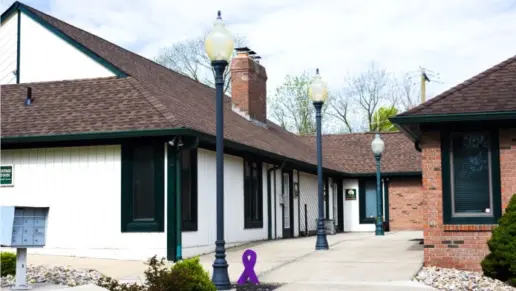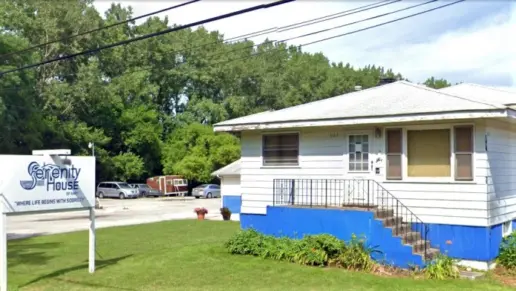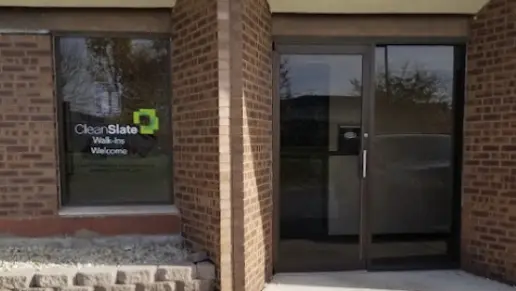My stay at Avenues has been very helpful with my recovery Janna my therapist was very helpful as well as Brandi my facilitator with showing me positive coping skills and ways to stay sober and lead a better life through recovery I highly recommend Avenue's as a place to bett ...
About Avenues Recovery Center: Drug & Alcohol Rehab In Fort Wayne
Situated in Fort Wayne, Indiana, Avenues Recovery Center is a modern, hotel-like addiction treatment facility. They offer a full continuum of care from inpatient detox, residential, medication-assisted treatment (MAT), outpatient and aftercare programs. They have a 95% long-term sobriety success rate.
Residential treatment can begin with detox if needed. Once individuals have safely gone through the withdrawal process, the structured residential elements can begin. Residents will participate in a range of treatments such as individual therapy, interactive groups and classes, and recovery-focused activities. Avenues focuses on a holistic approach to treatment and offers many modalities to be able to best serve each client. This includes customized individual therapy, family and group counseling, access to 12-step meetings as well as alternative therapies such as art, music, yoga, mediation and nature therapies.
Their facility offers spacious, contemporary accommodations, an on-site fully equipped gym and rec rooms and gourmet meals.
Their outpatient program offers flexible treatment for those who prefer to live at home. They have access to all the same treatments but can remain in their environments to continue with personal home, school or work responsibilities.
The aftercare program at Avenues is a combination of a social club and a support network rolled into one. The alumni program includes fun outings, counselor check-ins, weekly groups, and a private Facebook page. Clients can also access sober living apartments to help clients continue to get structure and support as they transition back into the community.
Latest Reviews
Rehab Score
Gallery
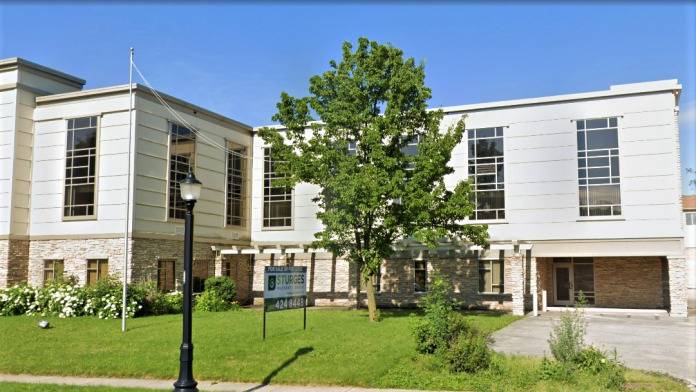
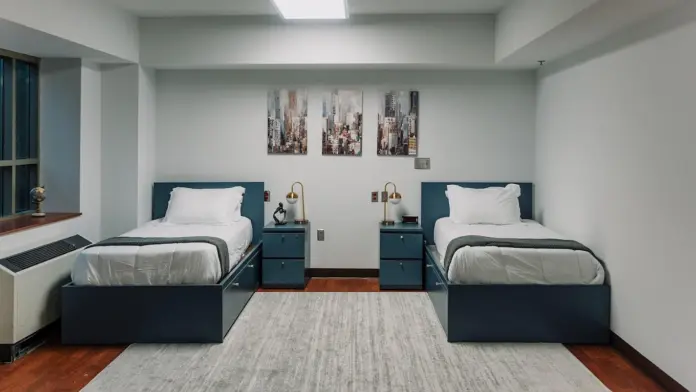
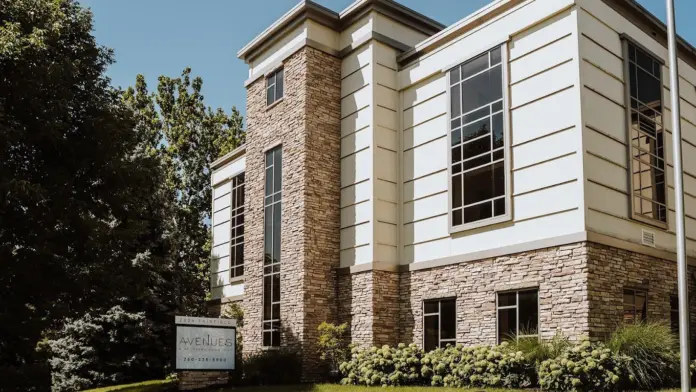
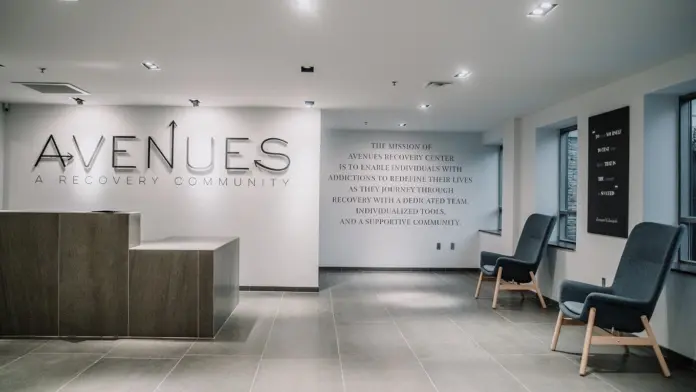
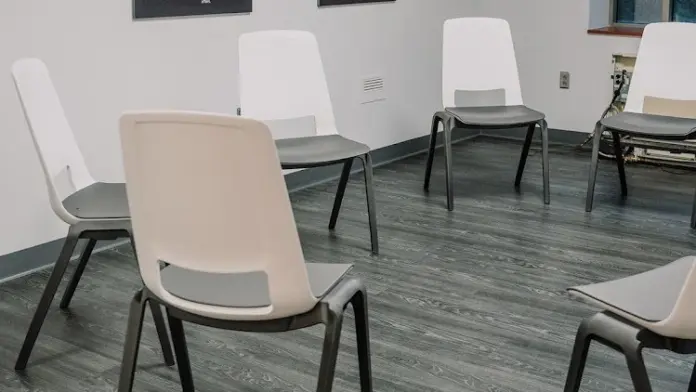
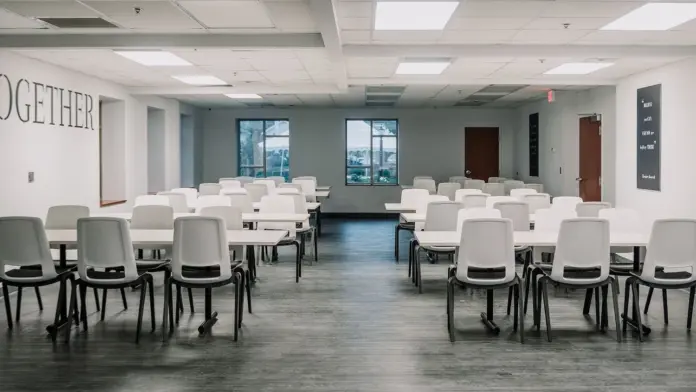
Location
Accepted Insurance
Other Forms of Payment
Private insurance refers to any kind of healthcare coverage that isn't from the state or federal government. This includes individual and family plans offered by an employer or purchased from the Insurance Marketplace. Every plan will have different requirements and out of pocket costs so be sure to get the full details before you start treatment.
Self-pay involves paying for treatment out of your own pocket. You can use savings or credit, get a personal loan, or receive help from family and friends to fund your treatment. If you don't have insurance or your insurance plan doesn't cover a specific program, self-pay can help ensure you still get the care you need.
Medicaid is a state based program that helps lower-income individuals and families pay for healthcare. Medicaid covers addiction treatment so those enrolled can use their coverage to pay for rehab. When a program accepts Medicaid the client often pays very little or nothing out of their own pocket.
Military members, veterans, and eligible dependents have access to specific insurance programs that help them get the care they need. TRICARE and VA insurance can help you access low cost or no cost addiction and mental health treatment. Programs that accept military insurance often have targeted treatment focused on the unique challenges military members, veterans, and their families face.
Addiction Treatments
Levels of Care
Treatments
Substance rehabs focus on helping individuals recover from substance abuse, including alcohol and drug addiction (both illegal and prescription drugs). They often include the opportunity to engage in both individual as well as group therapy.
Programs


Clinical Services
Group therapy is any therapeutic work that happens in a group (not one-on-one). There are a number of different group therapy modalities, including support groups, experiential therapy, psycho-education, and more. Group therapy involves treatment as well as processing interaction between group members.
Qualified therapists in Indiana use a customized treatment approach for individual therapy to address your drug and alcohol addiction treatment. This considers your past history and life circumstances to help you uncover the underlying issues that trigger addictive behavior and manage these factors to support a healthy approach to recovery.
During trauma therapy in Indiana, your therapist helps you process traumatic experiences and learn how they affect your emotional, mental, and physical responses. You learn effective coping strategies that help to reduce the symptoms and improve your mental health and well being.
Staff & Accreditations
Staff

Regional Executive Director
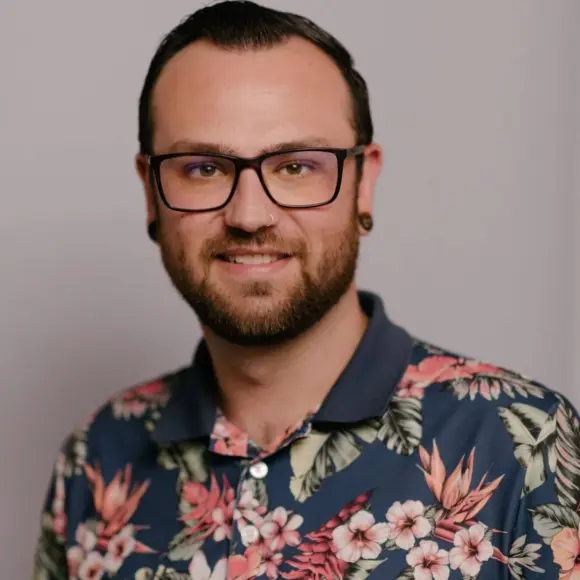
Executive Director
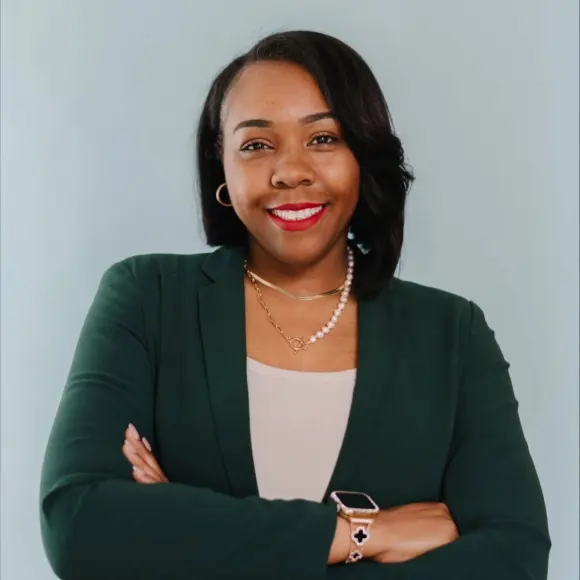
Administrator
Accreditations

The Commission on Accreditation of Rehabilitation Facilities (CARF) is a non-profit organization that specifically accredits rehab organizations. Founded in 1966, CARF's, mission is to help service providers like rehab facilities maintain high standards of care.
CARF Accreditation: Yes

LegitScript has reviewed Avenues Recovery Center: Drug & Alcohol Rehab In Fort Wayne as part of their certification program, and has determined that it meets the LegitScript standards for legality, safety and transparency.
LegitScript verified in December 2020

The Joint Commission, formerly known as JCAHO, is a nonprofit organization that accredits rehab organizations and programs. Founded in 1951, the Joint Commision's mission is to improve the quality of patient care and demonstrating the quality of patient care.
Joint Commission Accreditation: Yes
Contact Information
2626 Fairfield Avenue
Fort Wayne, IN 46807








